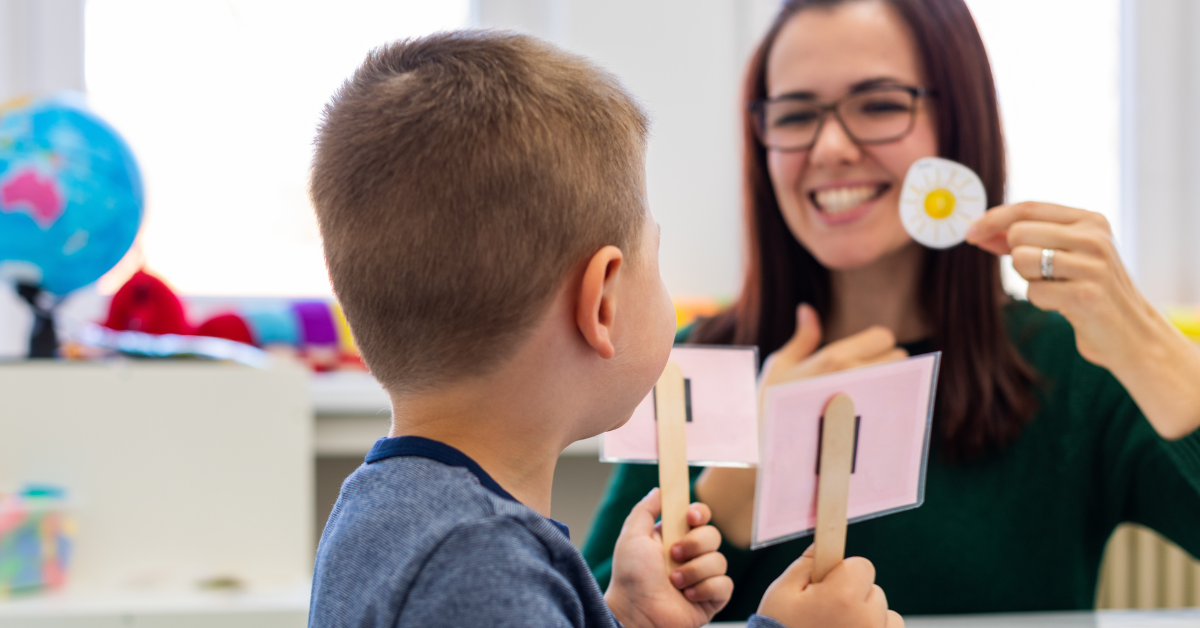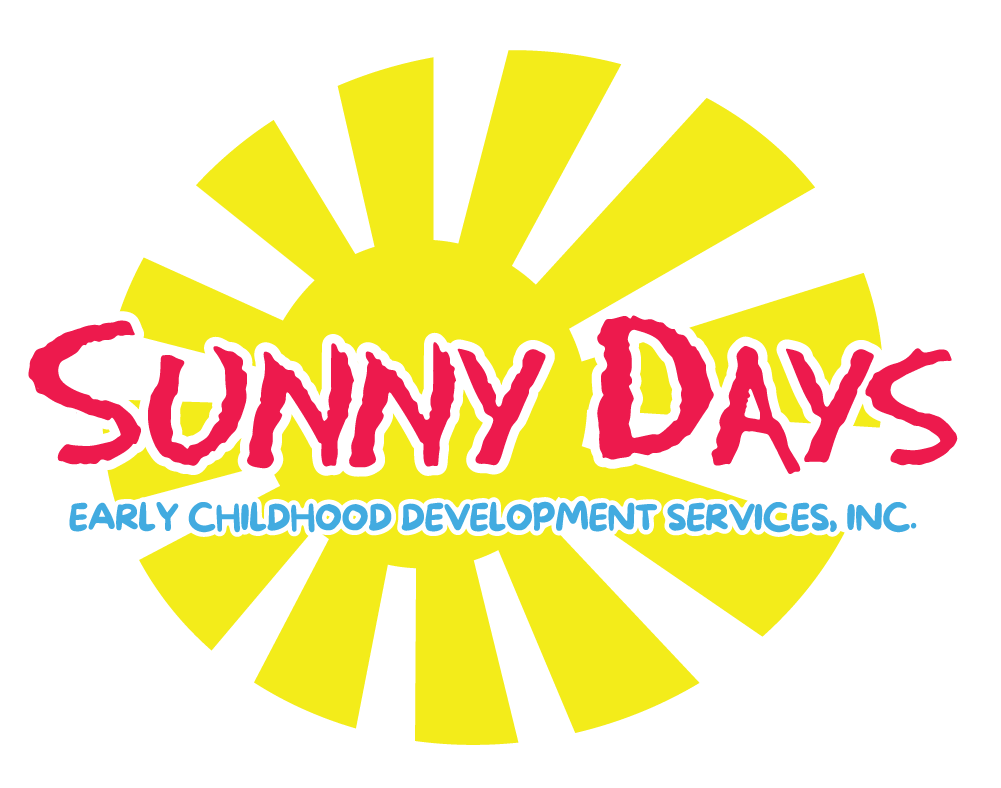- SERVICES
- SUNNY DAYS EARLY CHILDHOOD SERVICES
- OUR THERAPISTS
- SUNNY DAYS EARLY INTERVENTION SERVICES
- SUNNY DAYS BEHAVIORAL / OCCUPATIONAL / PHYSICAL / SPEECH THERAPY SERVICES
- SUNNY DAYS AUTISM SERVICES
- SUNNY DAYS EVALUATIONS & ASSESSMENTS
- SUNNY DAYS BEHAVIOR ASSESSMENTS
- INDEPENDENT INITIAL ELIGIBILITY EVALUATIONS
- FAMILY-CENTERED PLAY BASED EVALUATIONS
- EQUIPMENT & ASSISTIVE TECH REC'S
- HOW TO GET SERVICES
- STATE REQUIREMENTS FOR SERVICES
- VIRTUAL INTERVENTION
- SUNSHINE CENTER
- FAMILY RESOURCES
- TRAINING & WORKSHOPS
- JOIN OUR TEAM
- Blog
- Home
- About
- RESOURCES
- SERVICES
- SUNNY DAYS EARLY CHILDHOOD SERVICES
- OUR THERAPISTS
- SUNNY DAYS EARLY INTERVENTION SERVICES
- SUNNY DAYS BEHAVIORAL / OCCUPATIONAL / PHYSICAL / SPEECH THERAPY SERVICES
- SUNNY DAYS AUTISM SERVICES
- SUNNY DAYS EVALUATIONS & ASSESSMENTS
- SUNNY DAYS BEHAVIOR ASSESSMENTS
- INDEPENDENT INITIAL ELIGIBILITY EVALUATIONS
- FAMILY-CENTERED PLAY BASED EVALUATIONS
- EQUIPMENT & ASSISTIVE TECH RECS
- HOW TO GET SERVICES
- STATE REQUIREMENTS FOR SERVICES
- VIRTUAL INTERVENTION
- SUNSHINE CENTER
- FAMILY RESOURCES
- TRAINING & WORKSHOPS
- JOIN OUR TEAM
- Blog
- News
- Contact Us
Sunny Days Blog
How to Become a Speech-Language Pathologist

Carola d’Emery, PT, PhD and Kathleen Flatley, MS, OTR contributed to this post.
The speech-language pathology field provides practitioners a unique opportunity to positively impact people’s lives throughout their lifecycle—from early childhood to well into adulthood. While the path to becoming an SLP requires several years of schooling, in addition to licensing requirements, it is a deeply rewarding career. As SLPs are in high demand, there is plenty of work to go around and salaries are competitive.
In this blog post, we answer frequently asked questions from people who are considering a career as a speech-language pathologist.
What is a speech-language pathologist?
A speech-language pathologist (SLP) is a professional who identifies, assesses, and treats speech and language problems, as well as swallowing disorders. While speech pathologists provide services to people throughout their lifespan, the focus of SLPs at Sunny Days is to help children develop skills in receptive and expressive language, addressing feeding disorders, and providing parent education and training.
Do you need a college degree to become an SLP?
Yes, a college degree is required to become a speech-language pathologist. Entry into the profession requires a master’s degree.
How long does it take to become an SLP? How many years of school are required?
Two years of full-time study beyond the bachelor level is required to become an SLP. The bachelor and master’s degree combined amount to six total years of study.
What should I major in to become a speech-language pathologist?
Master’s SLP programs require prerequisite coursework in the sciences and communication, in addition to a strong grade point average. Choosing an undergraduate major in communication sciences and disorders is highly recommended.
Is an exam required to become an SLP? If so, how long is the exam?
Yes. A national certification exam called the Praxis Examination in Speech-Language Pathology is required to become an SLP. The two-part exam tests candidates on core academic skills and clinical simulation tasks. There are 132 questions and the time allotted is 150 minutes.
Are there any additional requirements to become an SLP?
In addition to the required academic coursework, clinical practicum experience overseen by a licensed SLP is required to become a speech-language pathologist. Clinical hours give students the opportunity to acquire real-world experience working with clients and to apply the knowledge they have gained in their academic coursework. Students gain hands-on experience in a variety of areas such as assessment, treatment planning, and therapeutic intervention, as well as professionalism and ethical conduct through this crucial step.
What are the licensing requirements for SLPs?
While the process to become an SLP is standard nationally, licensing requirements vary from state to state. Be sure to check with your state’s licensing board regarding the latest requirements.
As of this article’s publication date, these are the basic SLP licensing requirements for the states in which Sunny Days and Sunshine Center provide services:
Delaware requires CCC-SLP for SLP Licensing
New Jersey requires CCC-SLP for SLP Licensing
Oklahoma requires proof of citizenship or legal residency and a minimum of three professional references, in addition to the required coursework
New York and Pennsylvania do not require a clinical fellowship for SLP licensing
California accepts the CCC-SLP as one path for licensure
For further details, please contact the Board of Speech and Language Pathology for the state in which you intend to practice.
How long does it take to become an SLP?
It typically takes six years to become a speech-language pathologist. The bachelor’s degree is a four year program and the master’s degree is another two years. Both degrees are required. Some schools offer a combined five-year degree which allows students to obtain a bachelor’s and master’s at an accelerated pace.
How much does an SLP certification cost?
The cost of schooling for SLPs varies depending on which school one attends. The certification exam itself is approximately $150. There is also a fee for state licensure, which varies by state.
Many SLPs will also opt to join the American Speech-Language-Hearing Association (ASHA), which provides members with extensive resources and has different levels of fee-based membership.
While there is a substantial cost to complete the required coursework and apply for SLP certification and state licensure, speech-language pathologists are in high demand. Becoming an SLP is an investment in your future.
What is rewarding about being an SLP?
Being a speech-language pathologist is rewarding for so many reasons, as SLPs make a positive impact on the children and families they serve. SLPs help children thrive by improving communication skills, building confidence, and promoting independence. Being an SLP can also be financially rewarding. It is a high-demand career with job stability and a competitive salary.
What tips do you have for getting through the SLP certification process?
Getting through the certification process to become a speech-language pathologist is challenging. It is helpful to find a mentor to offer guidance as you prepare for the certification exam. Focus on applying the knowledge you acquired from your clinical experience when taking the Praxis exam.
Studying diligently for the exam and breaking down practice questions to ensure understanding is helpful to anyone who is preparing for this certification. Being dedicated and committed to one’s goal of becoming an SLP can lead to a fulfilling and rewarding career.
Working in the speech-language pathology field is a rewarding career with opportunities to help people throughout their lifespan—the fields of SLP specialization range from pediatrics, to adults, to geriatrics, and they facilitate acquisition and recovery of speech, language, and communication competencies.
Are you a speech-language pathologist who is looking for new career opportunities? Apply today to join our team.
Carola d'Emery, PT, PhD
Carola, a native of Chile, is responsible for the supervision of all trainings created by the Sunny Days’ Clinical Education Team, as well as for the creation of new trainings focused on refining the clinical skills of the Sunny Days’ practitioners in New Jersey, New York, Pennsylvania, Delaware and California. She also trains Early Interventionists via live webinars that are announced on our site. A bilingual English/Spanish Physical Therapist with more than 30 years of experience in the clinical field, Ms. d’Emery is also a former member of the New Jersey State Interagency Coordinating Council. Dr. d’Emery joined Sunny Days in 2007 as Targeted Clinical Educator, and became the Director of Training and Clinical Quality Assurance in 2019. She has a PhD in Movement Sciences from Columbia University and a MPT in Kinesiology from the School of Medicine of the University of Chile. She is a member of the International Society of Early Intervention and of the New Jersey Chapter of the American Physical Therapist Association.


